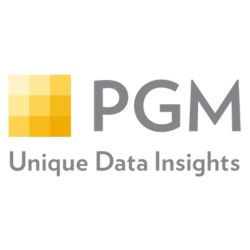Dive Brief:
- Google's problems continue to mount as advertisers are now seeking discounts on premium ad inventory, citing Google's failure to account for ads appearing next to offensive content featuring hate speech and terrorism, according to the International Business Times (IBT).
- A report in the Financial Times said the agency Group M has been in ongoing contact with Google to discuss "a range of actions" that might allay brand safety concerns, per the IBT. Rob Norman, chief digital officer at Group M, told the Financial Times that reduced ad rates are part of the conversation, adding that media premiums go up with enhanced targeting capabilities and that "advertisers will negotiate a reduction in those premiums in order to restrict themselves to much safer channels."
- While a lack of brand safety has been a standing issue for marketers, Google first found itself as the poster child for the controversy two weeks ago when Havas Worldwide halted its U.K. ad spend on the platform, following the lead of the U.K. government, along with several major media groups and brands. A number of marketers stateside, including AT&T, Verizon, Johnson & Johnson and, more recently, Wal-Mart, PepsiCo and GM, have also frozen their ad spend for the time being.
Dive Insight:
It's perhaps unsurprising that marketers are jumping at the opportunity to get more leverage on Google now that the company is in an unusually vulnerable position. Marketers have long voiced frustrations with Google's dominance in digital advertising — it's the largest digital ad platform in the world, and only has one real competitor in Facebook — but haven't had the traction or influence to make demands of a giant that looms so large over the space.
Now that the brand safety controversy has picked up significant momentum and media buzz, not just abroad, but with a number of big-name U.S. brands, fixing Google's system doubles as a business opportunity to potentially access premium ad inventory at lower rates than Google has charged in the past.
For its part, Google has said it is working on a tech solution that can address unsafe material hosted on properties like YouTube, although Eric Schmidt, chairman of Google's parent company Alphabet, suggested there was no way for Google to comprehensively guarantee ads will never appear next to offensive content.
It will be interesting to see how much this situation turns into a waiting game. While advertisers pulling their spend from Google hurts the company's bottom line in the near-term, on top of generating a lot of bad PR, many marketers might not be able to afford to stay away for too long given how much control Google has over advertising areas like search, display and video.







